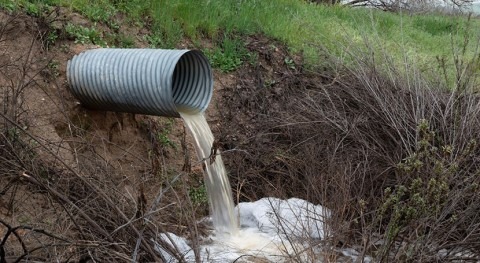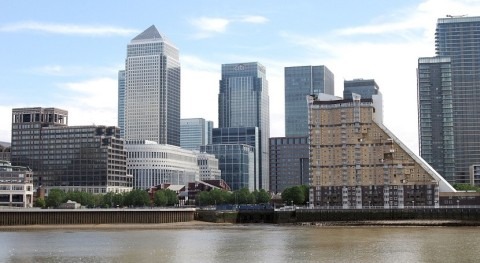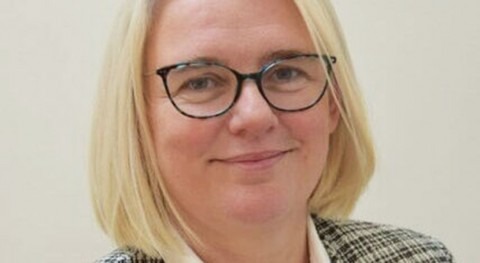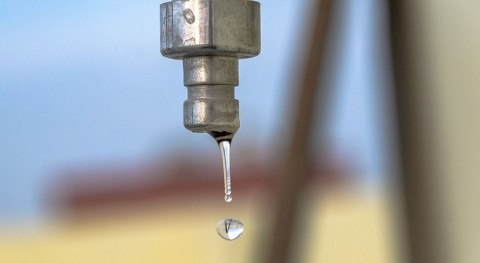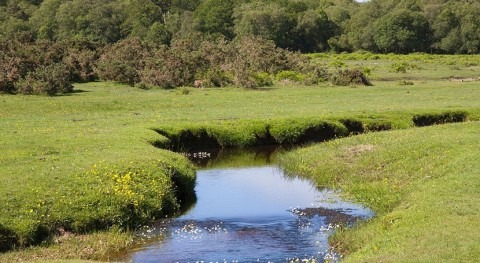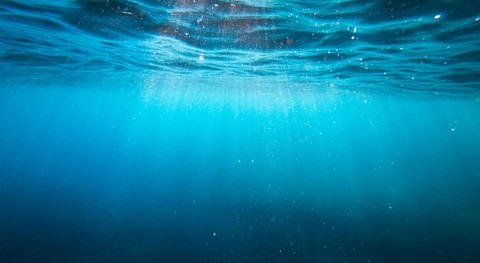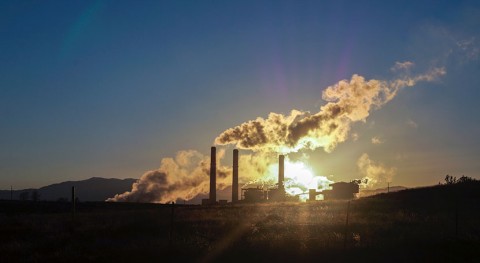Water industry trade bodies around the world have joined forces in a call for investment to tackle the emissions associated with processing wastewater.
Process emissions occur when wastewater is treated before returning it to the environment, producing several by-products including the potent greenhouse gases nitrous oxide, biomethane and carbon dioxide.
Water UK, EurEau, the US Water Alliance, the Water Services Association of Australia, and Water New Zealand call for governments and the global water industry to commit to working together to tackle process emissions, which constitute around half of the water sector’s total emissions.
By working together, governments can help to secure long-term funding to enable water companies to go further and faster in reducing processing emissions.
Supporting the call to action are:
- Water UK
- US Water Alliance
- Water Services Association of Australia
- Water New Zealand
- Danish Water and Wastewater Association (DANVA)
- EurEau
- UK Water Industry Research (UKWIR)
- Global Water Research Coalition
- Mott MacDonald
- Jacobs
- Royal Haskoning DHV
- Cobalt Water Global
- Unisense
- Professor Jason Ren, Paul Busch Award Winner on Water GHG emission Research, Princeton University
The group are also committed to establishing:
- a research directory to help accelerate the sector’s global efforts to reduce nitrous oxide and methane emissions
- a global forum to share research conclusions and collaborate on future activity to expedite the reduction of greenhouse gas emissions.
Christine McGourty, CEO of Water UK, said: “The water sector cannot play its full part in net zero without the reduction of emissions from processing wastewater. Governments around the world need to concentrate their efforts on one of the great challenges of our time, emulating the success of wind power, enabling a step change of technology at systems-scale.
Developing and investing in the best solutions will also unlock new materials for the circular economy, and help others decarbonise.”
Mami Hara, CEO of the US Water Alliance, said: In addressing the climate crisis, we all win or we all lose. As the global water community accelerates climate mitigation efforts, we must continue to come together to share critical information and innovative strategies on how best to do so.
In 2021, we launched a national Imagination Team with 36 diverse representatives creating a shared vision and pathway for greenhouse gas reductions across the US water sector. It is so exciting seeing water stakeholders step up to be part of the climate solution. Process emissions remain a significant challenge, and we’re proud to collaborate across the globe on this important area and ensure a more equitable, sustainable future for all.”
Adam Lovell, Executive Director of the Water Services Association of Australia, said: “We know that fugitive emissions from wastewater processing is one of the significant challenges ahead – if we can all work together and play our part, we can meet this challenge, with typical water industry perseverance and innovation.”
Lesley Smith, Insights and Sustainability Advisor, Water New Zealand said: “Wastewater process emissions can be a large proportion of emissions controlled by public sector organisations, many of whom have set ambitious climate reduction targets. The drivers are in place. What is missing is the science. With a better understanding of these emissions sources, this is an area we can make real gains in emissions reduction.
Ultimately, we need to transition from a wastewater to resource recovery mindset. The shift has the potential to transform our wastewater assets from net greenhouse gas producers to carbon sinks, enabling a range of broader environmental gains.”
Oliver Loebel, Secretary General, EurEau, said: The European water sector is making significant efforts to reduce its emissions footprint. Nitrous oxide (N2O) - one of the by-products of waste water treatment - for example, has a greater global warming potential than methane (CH4) and carbon dioxide (CO2). We need to identify the mitigation measures that we can implement which will have the most impact, and prioritise these.
Our government leaders should need to focus on climate neutrality and not only on energy neutrality. By doing so, a balance is needed between energy efficiency and renewable energy generation on the one hand and reducing N2O and methane emissions on the other. This is crucial to ensure that the benefits of energy efficiency are not reduced by large-scale emissions of N2O and methane from i.e. energy recovery.
We need committed investment in infrastructure and innovation to realise our zero GHG emission goal and potential contribution our sector can make to a sustainable, affordable future for us all.
Carl-Emil Larsen, CEO of DANVA, Danish Water and Wastewater Association said: "The Danish Ministry of Environment and the Danish water companies have jointly stated a goal for an energy- and climate neutral water sector in 2030.
Furthermore there is a political agreement from the Danish Parliament, that all wastewater treatment plants (WWTP) above 30.000 PE must reduce their NO2 emission with 50 % starting from 2025. A new report about CH4-emission from biogas plants situated on the WWTP shows, that the emission is 5 times higher than earlier expected. Therefore is it very important for us as well as the global water sector, that we get new tools and technology for reducing our GHG-emissions.
Steve Kaye, CEO of UK Water Industry Research, said: "Our recent research has shown that it is not easy to remedy this situation based on existing research. There are wide ranges in emission estimates, and very few field-based studies on which to base any revised emissions factors. We need to address this global knowledge gap by generating robust emission data for individual wastewater treatment processes to enable appropriate control measures to be identified."




